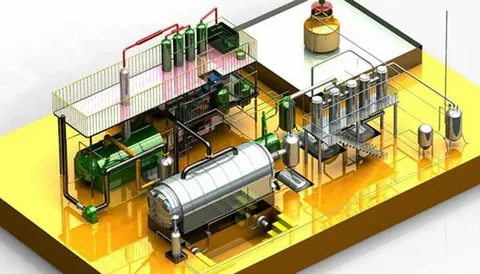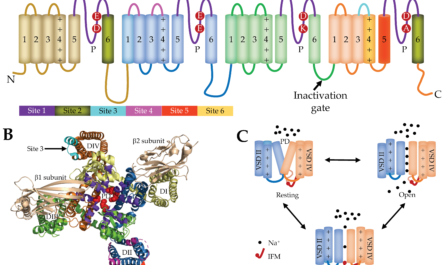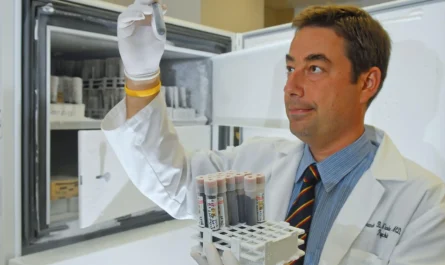A recent study has showcased how innovative pyrolysis technology could revamp living conditions in rural India by addressing critical issues such as indoor air pollution, soil health enhancement, and clean energy generation. An international team of researchers has meticulously outlined how the process of pyrolysis can convert agricultural waste materials like rice straw, manure, and wood into a holistic solution for multiple prevalent challenges.
Pyrolysis, a form of chemical recycling, involves converting residual organic substances into their fundamental molecules. By enclosing the waste in an oxygen-free environment and subjecting it to temperatures exceeding 400°C, valuable chemicals are generated during the process.
In a newly published research paper in the esteemed journal Science of the Total Environment, the scientists delve into how the three primary by-products of pyrolysis—bio-oil, syngas, and biochar fertilizer—could significantly enhance the quality of life in rural areas through improved agricultural productivity and reduced environmental impact. The study also puts forth a comprehensive set of recommendations to enhance the economic feasibility of this innovative system.
The initiative commenced with a comprehensive survey encompassing approximately 1,200 rural households in the Odisha region of India, where their challenges related to cooking, energy consumption, and farming practices were evaluated.
A substantial majority of the surveyed households, exceeding 80%, expressed a desire to transition away from traditional indoor cooking methods involving coal, in favor of cleaner alternatives. Additionally, nearly all respondents emphasized the importance of access to reliable electricity, while approximately 90% indicated a willingness to sell agricultural waste to support bioenergy initiatives.
The insights gleaned from the survey laid the foundation for developing what the researchers termed as the bioTRIG system, a community-based pyrolysis solution that operates on locally sourced waste, promising a range of benefits for impoverished rural communities. The syngas and bio-oil from the system would fuel subsequent pyrolysis cycles, with surplus electricity catering to the energy needs of local households and businesses. The eco-friendly bio-oil could serve as a sustainable replacement for traditional cooking fuels, while biochar would aid in carbon sequestration and soil fertility enhancement.
Detailed computer simulations illustrating the efficacy of the BioTRIG system projected a significant reduction in greenhouse gas emissions, with an estimated decline of approximately 350 kg of CO2-equivalents per capita annually.
Leading the research endeavor is Dr. Siming You from the University of Glasgow’s James Watt School of Engineering, who highlighted the grave issue of indoor air pollution in rural India, particularly its adverse impact on the health of women and children due to the usage of fossil fuels for cooking in poorly ventilated homes. Concurrently, unsustainable farming practices and inadequate electricity access continue to pose significant challenges for these communities.
These pressing issues align with the United Nations’ sustainable development objectives, and the Indian government has initiated measures to combat them nationwide. The innovative BioTRIG system presents a triad approach to effectively repurposing unusable waste into three valuable bioenergy sources, offering a scalable solution that could notably curb climate emissions and enhance public health outcomes, if adopted extensively across India.
*Note:
1. Source: Coherent Market Insights, Public sources, Desk research
2. We have leveraged AI tools to mine information and compile it




